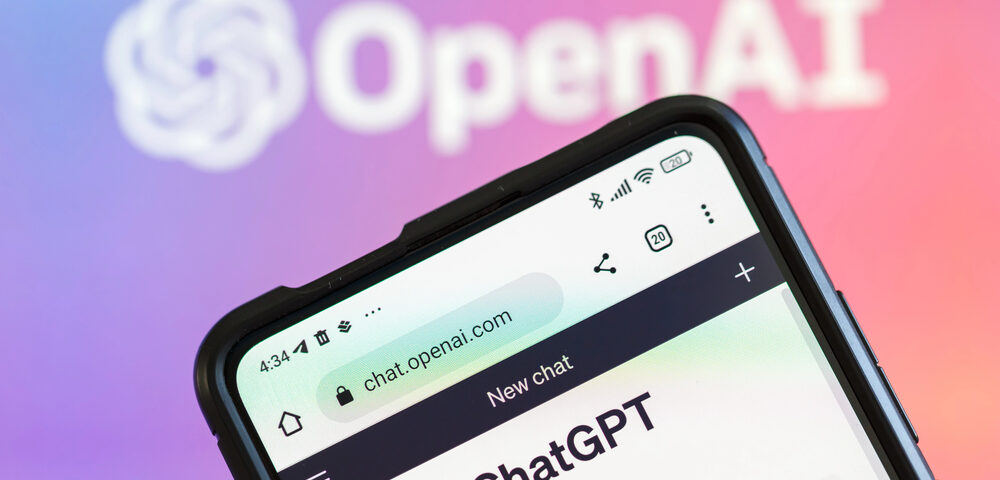
CDC IVF Team Gets Cut
May 10, 2025
Study Confirms COVID-19 Vaccines Are Not Linked to Miscarriage Risk
May 21, 2025In today’s fast-moving digital world, artificial intelligence has made its way into nearly every aspect of our lives, from organizing calendars to generating creative content. But for one expectant mother, AI became an unexpected lifesaver.
When Natallia Tarrien, a pregnant woman in her third trimester, experienced a strange tightness in her jaw one evening, she didn’t think much of it. Out of curiosity more than concern, she typed her symptom into ChatGPT. What happened next is both remarkable and eye-opening.
The AI response? “Check your blood pressure.”
Following that advice, Tarrien did just that and found her blood pressure was dangerously high and continuing to rise. ChatGPT’s follow-up message was urgent and clear: “Call an ambulance. Now.” Tarrien listened to that advice, and it may have saved both her and her baby’s lives. By the time she reached the hospital, her blood pressure had skyrocketed to 200/146. Doctors quickly diagnosed her with preeclampsia, a potentially life-threatening pregnancy complication, and immediately delivered her baby.
Preeclampsia is a serious condition that occurs during pregnancy and is marked by high blood pressure and signs of organ damage, most often to the liver or kidneys. If left untreated, it can lead to severe complications for both the mother and the baby. Symptoms may include swelling, headaches, changes in vision, and, yes, unexpected or seemingly unrelated discomforts like jaw pain. This condition can escalate quickly, which is why early detection and treatment are critical.
Tarrien later shared, “I still get chills thinking about it. All of this started from one small symptom and one random question. Thank you, ChatGPT. You saved two lives.”
Natallia’s story, which went viral after she shared it on Instagram, received a ton of responses from others who had similar experiences using AI. One user shared how ChatGPT had also correctly identified appendicitis, prompting surgery. Another recounted how the tool helped uncover harmful side effects of prescribed medication.
These stories highlight AI’s potential to serve as a helpful tool, particularly when access to immediate care is limited, but it is essential to remember that AI is not a substitute for a qualified medical professional. Even Natallia emphasized this point in her post, and when she speaks about the situation.
At The Surrogacy Law Center, we’re here to support you every step of the way. Whether you’re starting your family-building journey or are already well into it, don’t hesitate to reach out with questions or concerns. Being proactive and informed can make all the difference, and you don’t have to navigate it alone. Contact us today!

